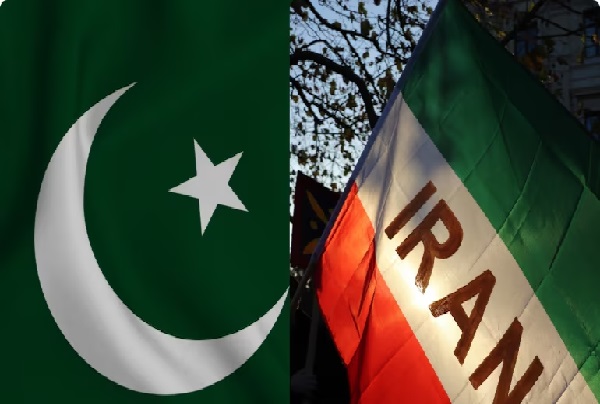KARACHI: Pakistan Stock Exchange above the 98,000 mark on Friday as share prices surged more than 2,000 points in intraday trade
ISLAMABAD: Pakistan and Iran have agreed to “de-escalate” tensions after an exchange of missile and drone attacks last week, Islamabad said.
Pakistan’s Foreign Minister Jalil Abbas Jilani and the foreign minister of Iran, Hossein Amir-Abdollahian, spoke via phone last Friday, Pakistan’s foreign ministry said in a statement.
Nestled along Iran’s southern border, Balochistan sits at the center of a complex geopolitical game. Pakistan has an approximately 900 km border with Iran through Balochistan. While official pronouncements always painted a picture of cordial relations between Islamabad and Tehran till the recent attack and counter attack, a more nuanced narrative unfolds beneath the surface. This analysis delves into the multifaceted web of Iran’s influence in Balochistan, highlighting the challenges it poses for Pakistan and exploring potential avenues for navigating this delicate landscape.
Tehran’s approach in Balochistan is a study in contradictions. On one hand, it cracks down on its own Baloch separatists within the Sistan-Balochistan province but allegedly provides safe haven and financial backing to Pakistani Baloch militant outfits. Recent attacks in Ketch, Noshki, and Panjgur bear the fingerprints of this clandestine support, casting a shadow over the facade of official cooperation.
Figures like Dr. Allah Nazar, a prominent militant ethnic Baloch leader, are believed to find refuge and resources in Iran. The porous border facilitates the movement of militants, creating a vicious cycle of violence that spills over into Pakistani territory. Groups like Al Zainaboon and the Qasim Force, allegedly trained and equipped by Iran, further exacerbate the security situation. Recently a group belonging to the same outfits was busted in Karachi.
The development of Gwadar port, a linchpin in the CPEC, has emerged as a major bone of contention. Tehran views Gwadar as a direct threat to its own Chabahar port, fueling its efforts to undermine Gwadar’s progress and maintain its economic dominance in the region. This economic contest adds another layer of complexity to the already intricate geopolitical tapestry.
The situation is further complicated by the volatile dynamics surrounding Balochistan. Afghanistan’s porous borders serve as entry points for militant groups like ISIS/TTP, while the presence of Indian intelligence networks like RAW in Chabahar port injects another layer of tension. Kulbuhoshan Jadav was heading this network from Chabahar. This intricate web of alliances and rivalries underscores the delicate balancing act required to navigate the region’s complexities.
Pakistan faces a daunting challenge in countering Iran’s influence. Openly antagonizing a neighboring state is untenable, yet Iranian meddling poses a clear threat to Pakistan’s national security. The key lies in crafting a nuanced response that effectively neutralizes Iran’s proxy wars and soft power tactics without escalating tensions into open conflict.
You May Also Like
TEHRAN: The head of Iran’s Revolutionary Guards described the arrest warrant issued by the International Criminal Court for Israeli Prime
LOWER KURRAM: The death toll in yesterday’s gun attack on passenger vans in Khyber Pakhtunkhwa’s Lower Kurram has risen to 42,






